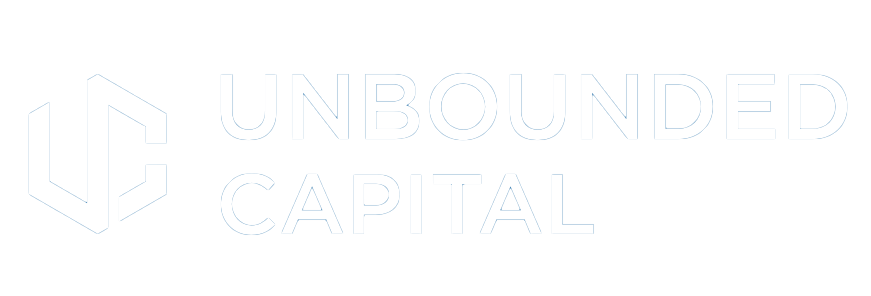Our Core Values: Unbounded Capital
by Zach Resnick
Seek the truth, no matter where it leads.
If someone asked me four months ago whether I would ever invest in Bitcoin SV I would have replied no, I would never invest in a project spearheaded by ‘Faketoshi’. Now it’s the largest position in our fund. How did that happen?
It started with one of our team members, Dave Mullen-Muhr, attending a local Bitcoin SV meetup. After a few hours disproved most of his assumptions about the project and quality of community, this began a long journey of learning more about the technological approach Bitcoin SV is taking, meeting those involved in Bitcoin SV which we found had the highest ratio of thoughtful builders to speculators of any major cryptoasset we’re aware of, and ultimately seeing this as one of the best asymmetric opportunities I’ve seen in my life. You can read more about our fund’s decision to invest in Bitcoin SV here.
We treat your money as if it is our own. Because it is.
While I wouldn’t advise this to almost anyone, I have most of my net worth in our fund. As the fund grows I want that number to come down a bit, but I never anticipate having anything less than 60–70%.
Every one of our advisors has money in the fund too. This ended up coming at a significant financial cost and headache, but I don’t regret that decision for anyone involved in our fund to share in both the upside and downside of our investment decisions. Skin in the game matters.
Remove the ego from decision making
An essential skill in poker is not getting emotionally attached to specific hands. This is one of the biggest mistakes an investor can make. Having played and studied over 10,000 hours of poker in my lifetime, I’ve systematically identified where I’ve deviated from the optimal strategy due to emotions and ego, and have created systems to make the best, unemotional decisions. I am now actively working on scaling those systems to every decision the fund makes.
For example, this includes a Bridgewater-inspired approach of writing down the reason for every decision and having a regular practice of the team reviewing these decision thoughts and seeing how we can learn from them.
Never stop learning
Almost every morning before I get connected to the world, I read between 1–2 hours of books that I think will make me a better investor, but are rarely related to the assets we’re actually investing in. I recently (6/12/19) finished More Money than God, a book about the history of hedge funds and am currently reading The Most Important Thing by Howard Marks.
Myself and our fund’s core team got into this business to have a vehicle to spend most of our day learning. When not actively reading or researching, we spend much of our remaining time debating issues internally or seeking out forums to learn and discuss from those outside the fund.


